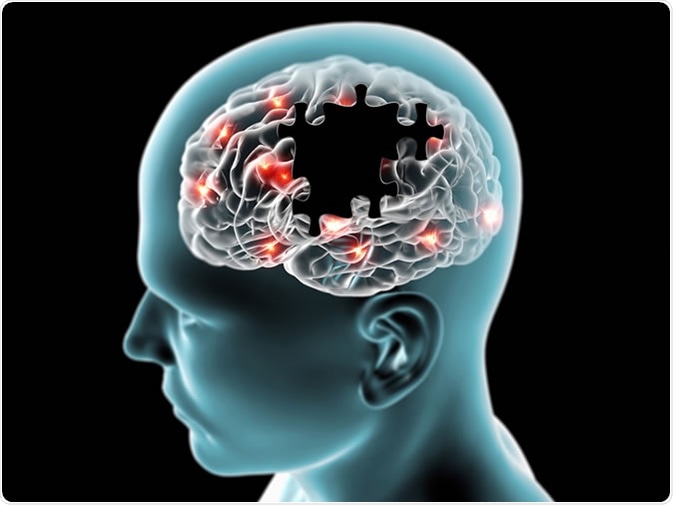- April 28, 2023
Stem cell therapy as a potential treatment for Alzheimer’s Disease
Alzheimer's Disease (AD) is a progressive neurological disorder characterized by a gradual decline in cognitive function, resulting in memory loss and a decrease in quality of life. Currently, there is no cure for AD, but treatments are available to help manage the symptoms. Recently, there has been increasing interest in the use of stem cell therapy as a potential treatment for Alzheimer's Disease.
Stem cell therapy for alzheimer’s disease is undifferentiated cells that can be used to regenerate or repair tissue. They have the potential to differentiate into different types of cells and tissues, which makes them a promising option for treating AD. In preclinical studies, stem cells have been shown to improve memory and learning in animal models of AD. Furthermore, stem cells can be used to produce neurons, which can replace lost neurons in AD patients and potentially restore cognitive function.

Image Source: Google
Additionally, stem cells are being studied as a potential source of gene therapy, which could be used to treat the underlying genetic causes of AD. By introducing genes into stem cells, researchers can create new neurons and glial cells, which could help reduce disease symptoms.
In conclusion, although further research is needed, stem cell therapy has the potential to become a viable treatment option for Alzheimer’s Disease. It could provide a way to replace lost neurons and glial cells, which could restore cognitive function and improve the quality of life of AD patients. Additionally, stem cells could potentially be used to deliver gene therapy, which could be used to treat the underlying genetic causes of the disease. Such treatments could be a major breakthrough in the fight against AD.